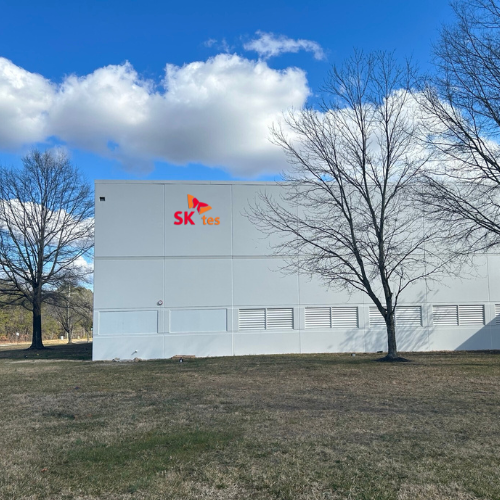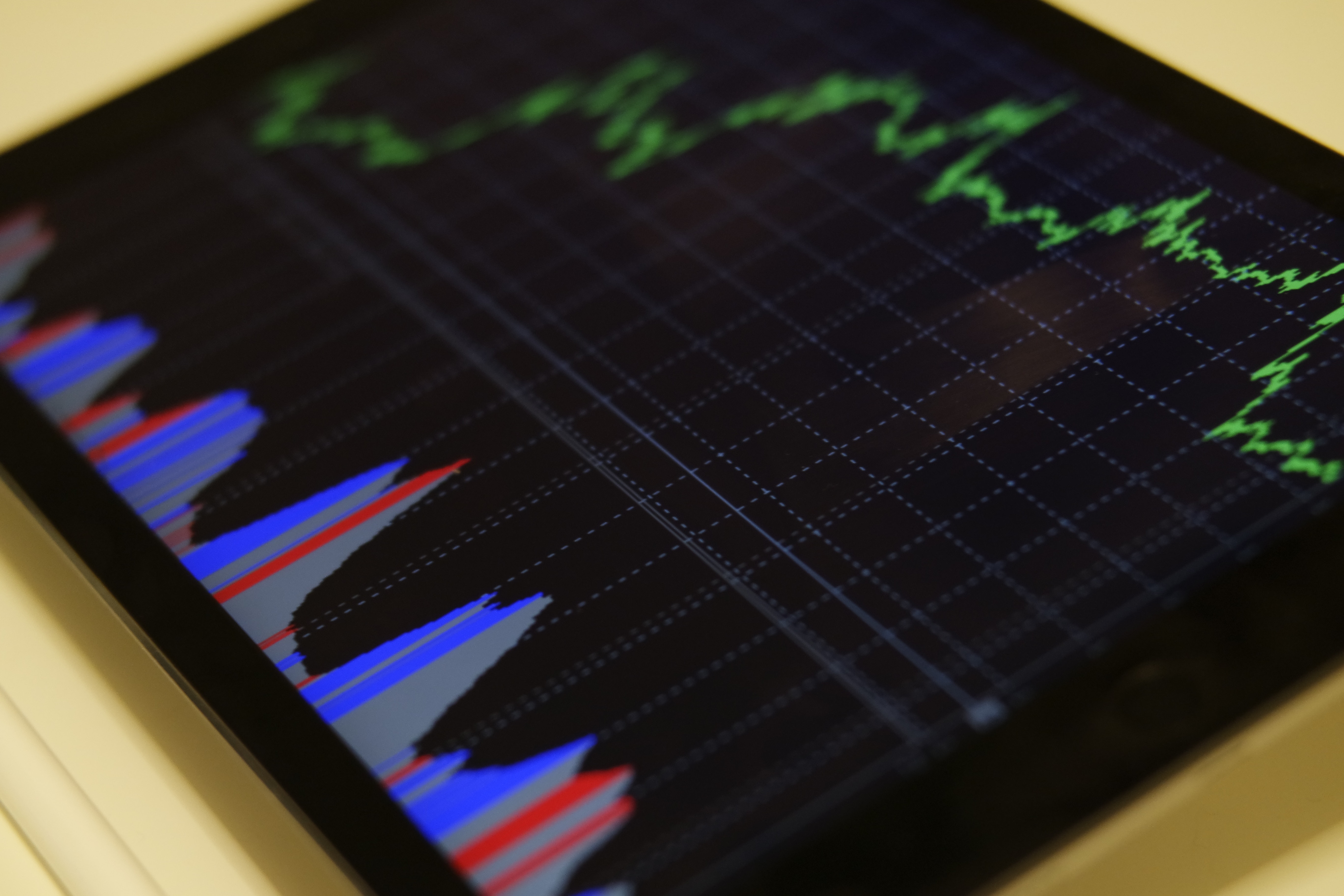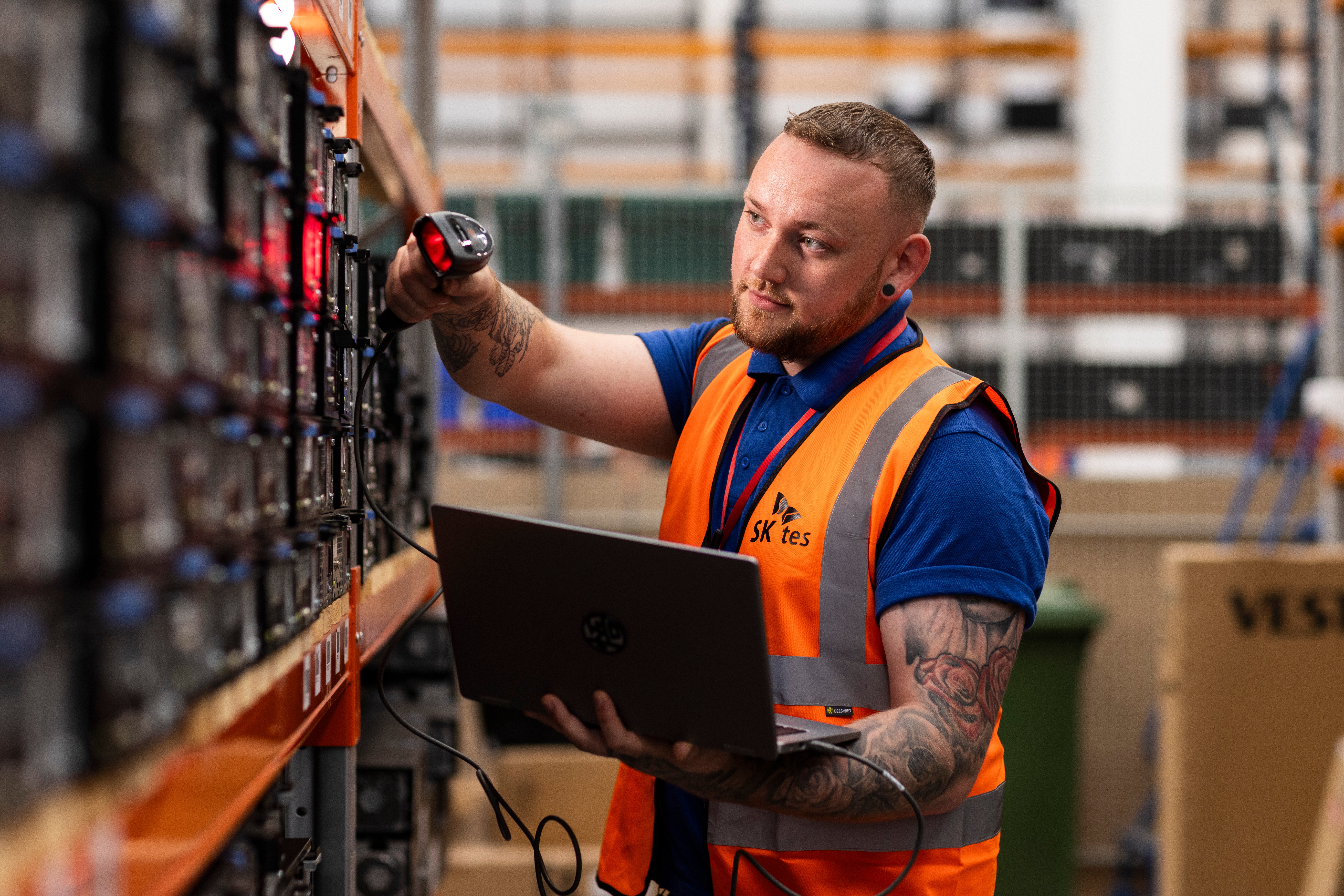SK Tes announced as winner by Guest of Honor Minister of Finance, Singapore, Mr. Lawrence Wong, in the United Nations Global Compact’s Apex Corporate Sustainability Awards.
SK Tes, a leading global Sustainable Technology Lifecycle Solutions provider, was today announced as a winner in the Apex Corporate Sustainability Awards.
Competing against stiff competition, SK Tes came out as the winner in the “Sustainable Solutions – SME” category for SK Tes Battery, Southeast Asia’s first battery recycling facility , which is located in Singapore.
Thomas Holberg, Global Vice President of SK Tes Sustainable Battery Solutions, commented:
“This is a fantastic accolade for our organization and the team, who have worked tirelessly to develop and perfect our proprietary battery recycling process.”
Holberg added: “We don’t stop here. We’ve planned and built on our existing facilities in Singapore, Grenoble, and the Port of Rotterdam with a new site in Shanghai, which will serve as a springboard to a much larger site in Northern China. Recognition like this, along with our Sustaining Tomorrow vision, will only motivate us further in our ambitious plans to take our battery recycling solutions further.”
 For companies in Singapore, this award is the most prestigious recognition of corporate sustainability. It honors businesses whose solutions embody the Ten Principles of the United Nations Global Compact.
For companies in Singapore, this award is the most prestigious recognition of corporate sustainability. It honors businesses whose solutions embody the Ten Principles of the United Nations Global Compact.
The judging panel included esteemed individuals from Enterprise Singapore, Frost & Sullivan, National University Singapore, Singapore Business Federation, and Temasek Foundation. The accolade recognizes SK Tes’s innovative proprietary mechanical and hydrometallurgical battery treatment process as a breakthrough in environmental and circular economy innovation—achieving high recovery rates and closing the loop on scarce battery metals like cobalt, lithium, and nickel.
With lithium battery demand growing rapidly, the global electric vehicle market is expected to hit 21 million EVs globally by 2030.
SK Tes’s proprietary, in-house battery recycling technology breaks batteries down into fine substances. Copper, aluminum, nickel, commodity-grade cobalt, and lithium are recovered—without introducing secondary contaminants into the atmosphere.
Alvin Piadasa, Group Sustainability Director at SK Tes, added:
“The world’s resources are getting scarcer, and it’s clear that a circular economy is the only sustainable path. It takes this type of investment to move away from the take–make–waste model. Through innovation and R&D, our vision is to transform the fastest-growing waste stream into a raw material stream.”
Using proprietary processes, SK Tes extends the lifetime value of batteries and their materials. The closed-loop solution focuses on the 4Rs: Repair, Reuse, Recycle, and Recover.
At the Recycle and Recover stages, SK Tes processes yield commodity-grade purity rates >99% and enable reuse of raw materials from end-of-life batteries. Compared to traditional recycling, SK Tes’s process significantly reduces CO2 emissions.
Explore the SK Tes Sustainability Report Today
SK Tes is committed to advancing a circular economy and continually innovating to achieve greater sustainability. Learn more about our impact in environmental protection, ethics, data security, and circular innovation.






